Taking on the role of an executor is an important responsibility, yet many people who do so might not be aware that if they fail to carry out their duties, they could incur legal consequences. Some Michigan executors are simply removed from the position and relieved of their duties. However, executors who cause damage to an estate as a result of their actions may be sued by beneficiaries, and a court could require an errant executor to pay for damages.
Forbes explains that executors possess personal liability. It is the duty of an executor to maintain an estate, including all property and assets, and carry out the wishes of the decedent so that heirs can receive what they have been promised. However, some executors mishandle an estate in some fashion. Mishandling an estate can deplete the assets of the estate, which is breaking the fiduciary duty an executor owes to the beneficiaries.
Sometimes an executor abuses the powers of the position. Ethical executors should be impartial, but some executors think nothing of using their powers to do as they please, from favoring a preferred beneficiary to siphoning off estate assets for self-enrichment. This can include executors buying a vehicle or a prized asset from the estate at below the market price. These actions can anger estate heirs and cause legal action to follow.
Even honest mistakes can cause an executor to be held personally responsible if it involves estate losses. Sometimes it does not take more than inaction for trouble to start. An executor may fail to move on important motions urged by the attorney of the executor and by beneficiaries. Executors may also fail to keep beneficiaries in the loop. A failure to act or communicate is a likely route to litigation, removal, and possible liability.
This article is written to provide general information on the topic of probate. Do not interpret it as legal advice.


